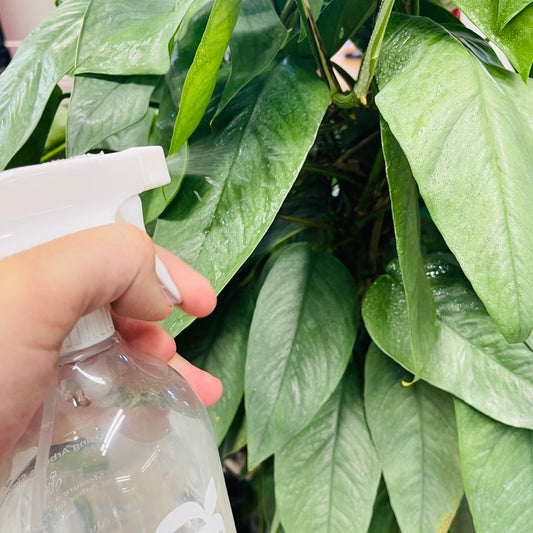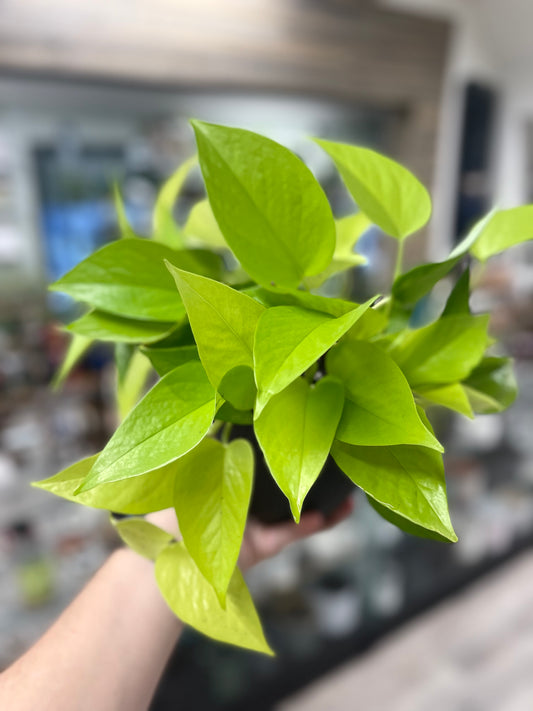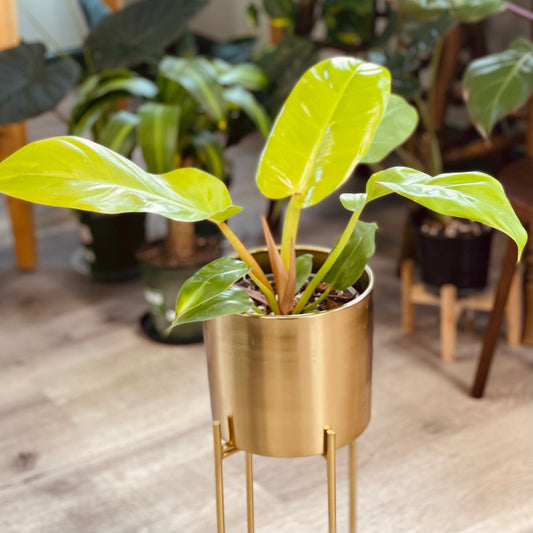Root aphids, also known as root mealybugs, are small, soft-bodied insects that belong to the family Aphididae. They are a common pest of houseplants and can cause significant damage if left untreated. Root aphids are small, white, and have a waxy coating that gives them a mealy appearance. They can often be found in clusters on the roots of houseplants and can be easily confused with other types of root pests.

How To Detect: Root aphids can be difficult to detect, as they often live and feed on the roots of houseplants. Symptoms of an infestation may include yellowing leaves, wilting, and stunted growth. The presence of small, white, waxy insects or clusters of white, cotton-like material on the roots of the plant can also indicate an infestation. If left untreated, root aphids can cause significant damage to the plant, including death.

How To Treat: Organic options for treating root aphids include using neem oil or insecticidal soap. These products can be applied directly to the roots of the plant and can be effective in controlling the pest. Less invasive options include removing the infested soil and replacing it with fresh soil, or using beneficial nematodes to control the population. Chemical options include using a pesticide specifically labeled for root aphids.

How To Prevent: Preventing root aphids from getting into your houseplants can be difficult, but there are a few steps you can take to reduce the risk of infestation. These include: -Avoiding over-watering and over-fertilizing your houseplants -Inspecting new plants for pests before bringing them into your home -Keeping an eye out for symptoms of an infestation and taking action if you suspect an issue.

Quarantine: If you suspect that a plant may be infested with root aphids, it's important to quarantine it as soon as possible to prevent the infestation from spreading to other plants. This can be done by placing the plant in a separate room or area away from other plants, and not moving it until the infestation has been controlled. To avoid cross-contamination, it's also important to clean and disinfect any tools or equipment used on the infested plant before using them on other plants.




![Dracaena marginata (16" Plastic Pot) [ID #47618480]](http://zenrockford.com/cdn/shop/files/image_992491d2-6277-4893-842f-11e2983f137e.jpg?v=1725732294&width=533)
![Philodendron Florida Bronze (10" Nursery Pot) [ID #29432345]](http://zenrockford.com/cdn/shop/files/image_a67d0fb6-348e-4829-a7eb-64ce015a3b39.jpg?v=1725643115&width=533)
![Aglaonema Manilla's Pride (3" Plastic Pot) [ID #33051624]](http://zenrockford.com/cdn/shop/files/image_1fb45f38-7b6b-412c-aa29-ed2df326d106.jpg?v=1753291075&width=533)
![Scindapsus Silver Lady (8" Clay Pot w/ Moss Pole) [ID #47128926]](http://zenrockford.com/cdn/shop/files/image_f5c79dcd-5dd4-4ba3-9cf7-f49da779e5ea.jpg?v=1726510803&width=533)